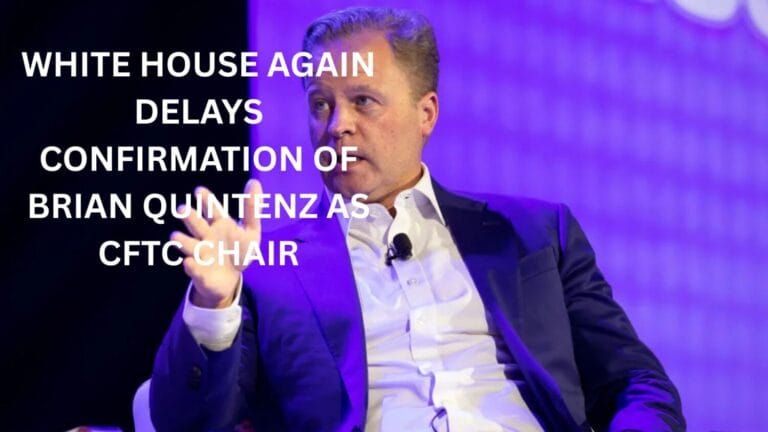Key Takeaways
- Golem assured the public that the ETH movements were part of a planned staking test, not an attempt to liquidate assets.
- The transfers, sent to exchanges like Coinbase made users question the use of centralized exchanges in what was thought to be a decentralized process.
Golem, a decentralized computing network, has responded to concerns from its community after moving over 135,000 Ethereum (ETH), valued at around $337 million, to major centralized exchanges.
The transfers, noticed in July and causing speculation of a possible large-scale sell-off, led to growing unease among Golem’s users. However, in a report released on September 18, Golem assured the public that the ETH movements were part of a planned staking test, not an attempt to liquidate assets.
The transfers, sent to exchanges like Coinbase, Binance, and Bitfinex, initially stirred fears among investors about a potential market dump. The Golem community was particularly alarmed when the project deposited 29,000 ETH into these platforms. Users started questioning the use of centralized exchanges in what was thought to be a decentralized process.
In response, Golem explained that the use of centralized exchanges was part of a strategic decision to create a “controlled environment” for staking. This approach, according to the report, helped minimize external risks and interference during the test. “Our objective was to create a controlled environment where we could monitor the impact of various factors on the staking-related processes,” the report stated.
Golem further clarified that the purpose of the transfers was to enhance the security of the network’s operations and prevent spam from disrupting the staking process. The team reassured the community that the Ethereum sent to exchanges was not for selling, but to conduct essential tests aimed at improving the long-term performance of the network.
Despite this clarification, many within the community voiced frustration over Golem’s delayed communication. Speculation had already grown before the September report, with some investors worried that the silence hinted at trouble within the project. Golem acknowledged the delay but also emphasized that their actions were focused on maintaining network security.









